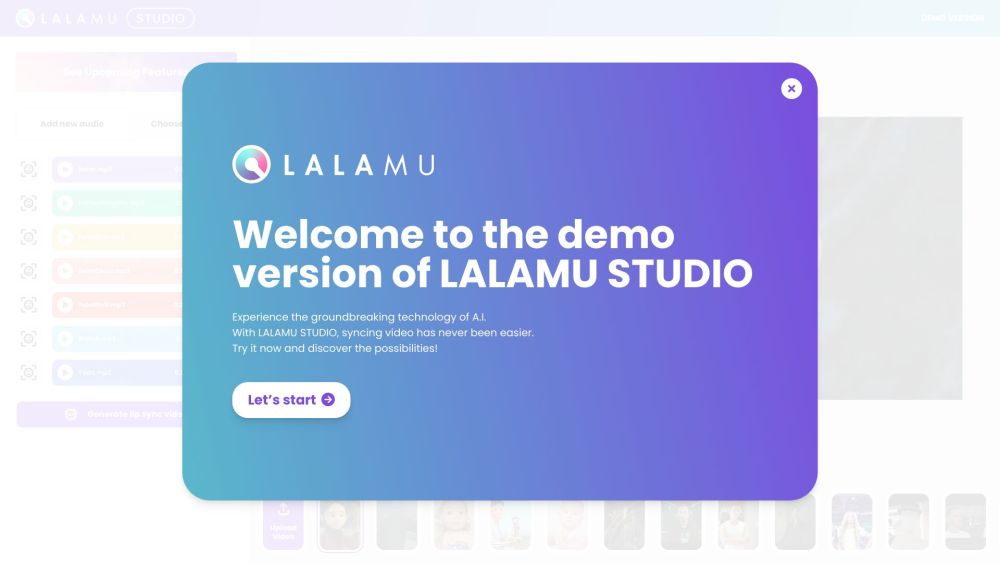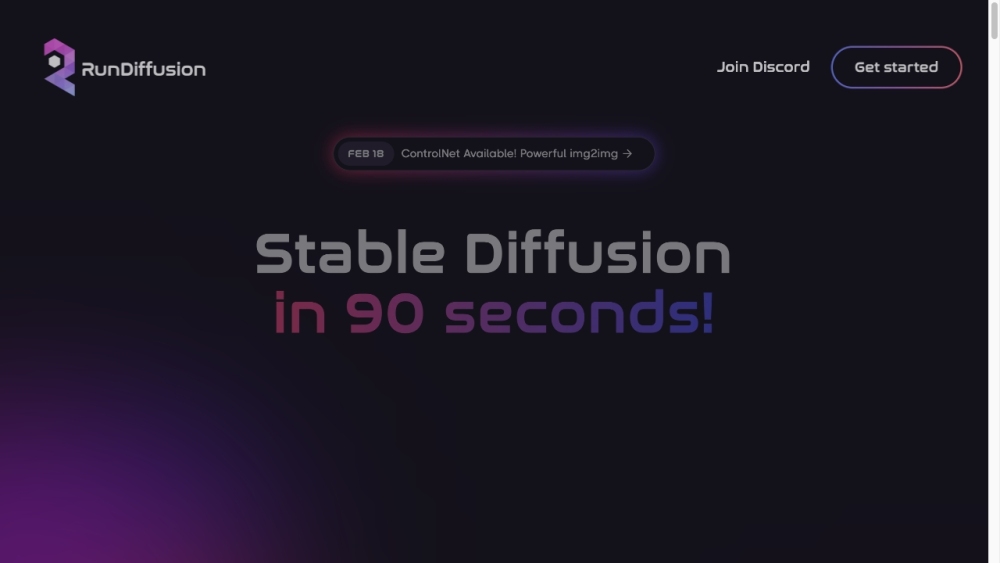OpenAI Reports Over 200 Million Weekly Active Users for ChatGPT
On August 30, OpenAI announced that the number of weekly active users for its flagship product, ChatGPT, has surpassed 200 million, doubling in just ten months. Additionally, OpenAI's tools are now utilized by 92% of Fortune 500 companies, underscoring their significant impact on businesses and decision-makers. Since the launch of GPT-4o mini in July, the usage of its automation API has also seen exponential growth.
CEO Sam Altman remarked, “Our tools have become essential to everyday life, playing a key role in sectors like healthcare and education by helping users manage daily tasks, solve complex issues, and foster innovation.” While specific metrics remain unclear, the adoption of ChatGPT and other OpenAI tools—such as Whisper, Codex, and APIs—attests to the brand’s widespread acceptance in the U.S. business landscape.
ChatGPT's enterprise version recently celebrated its first anniversary, while the original ChatGPT is approaching its second anniversary. Analysts noted in February 2023 that ChatGPT was the fastest tech product in history to reach 100 million users, although OpenAI has not officially confirmed this figure.
Adam Goldberg, head of OpenAI’s financial services and insurance market team, celebrated the enterprise version's milestones on LinkedIn. He highlighted that PwC has equipped each employee with a dedicated AI assistant and shared unique insights regarding their AI strategy. PwC’s AI lead, Toby, mentioned that employees are gradually integrating the enterprise version of ChatGPT into more complex workflows and larger projects, starting with simpler tasks.
In the meantime, Meta has launched its AI chatbot, Meta AI, which has gained considerable popularity among consumers across platforms like Facebook, Instagram, and WhatsApp. However, the use cases for Meta AI differ from those of ChatGPT, as the former focuses on deeper integration into consumer markets while ChatGPT operates as a standalone service, catering primarily to students and business professionals through exclusive interfaces and APIs.
Despite this growth, the competition in the realms of chatbots, large language models, and multimodal models remains fierce, with numerous proprietary models and open-source alternatives emerging. Last year, during its developer day event in San Francisco, OpenAI announced that its weekly active user count had surpassed 100 million and unveiled the GPT Store along with customizable GPT services.





